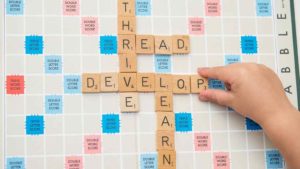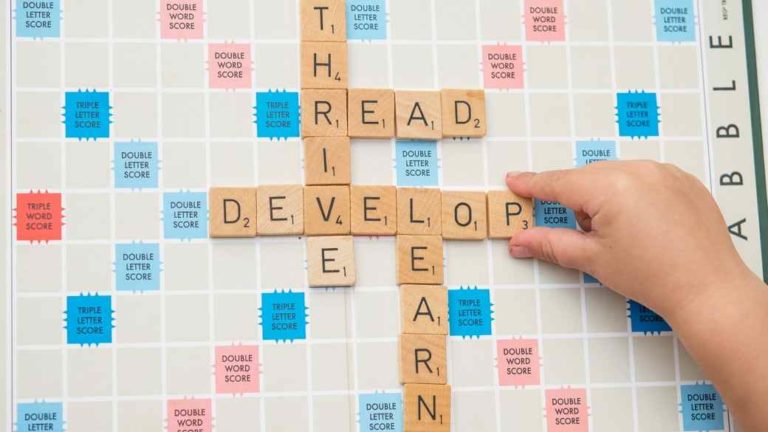In this blog, Lulu shares some tips on dealing with boredom in Year 1 children, positive steps to support them and how having a tutor can help turn boredom into learning opportunities.
Why Boredom Is Healthy
Has your 5-year-old complained to you recently that they are bored? Have you gone into panic mode and worried about how you will keep them busy whilst dinner is being prepared or trying to pack for a big weekend away?
Has it ever occurred to you that your child’s boredom is the first sign that they are ready to learn more? Boredom does not have to be stressful! Your conversation might go a little like this:
Child: I’m bored.
Adult: Why are you bored?
Child: I’ve played with everything already.
Adult: Why don’t you tell me what you have already done and I will help you come up with some new ideas?
It’s at this point you can get a really good idea of what has led to the child’s boredom and steer them in a new direction, either with a new hobby or a new way to look at an old hobby. Don’t worry about having to “keep a child busy” all of the time, and don’t worry that they might lose concentration: expanding their interests will keep their focus. If they are working with an Owl tutor, each session will be structured and they will be challenged at their level to explain what they are thinking or feeling. Your Owl Tutor can then step in with some new learning, maybe disguised as a game.
Here are some resources that will help to challenge keen readers and writers.
Learning is playing
I know it may sometimes feel that the term “learning through play” is overused, however, it never ceases to surprise me that when a child believes they are playing, they forget about the difficulty of learning a new skill or acquiring new information and they are much more likely to retain both. Well, how do we do it? Introduce the new learning by saying:
“I’m so pleased that you know your 2 x table – you’re much quicker than you used to be. Should we see if you can help me with my 3 x table?” It’s at this point you can introduce a resource (for example, a visual timetable grid). The important thing is, by asking your child to help you learn, they are picking up the new information you want them to learn!
If they are able to make the connection with old learning (the 2 x table) and the new learning (3 x table), they will just start to enjoy the task, because they will be using an old skill to acquire new information. As adults, our input is providing some stimulus to aid that learning.
Click here for resources to help with times tables.
What if I fail?
This is a scary thought. I’ve never met a parent that did not want their child to succeed at school and beyond. That will always be a good thing. If you do find that your child is becoming increasingly bored at school and at home, it may be time to consider outsourcing home learning, to save you the stress and time. If you are managing a busy household, your desire for your child to excel academically is just as much a priority. Having a qualified teacher to develop your child’s learning is one less thing to worry about.
This is a guest post by Lulu, an Owl Tutor who also runs teachingmums.com



Start the discussion!